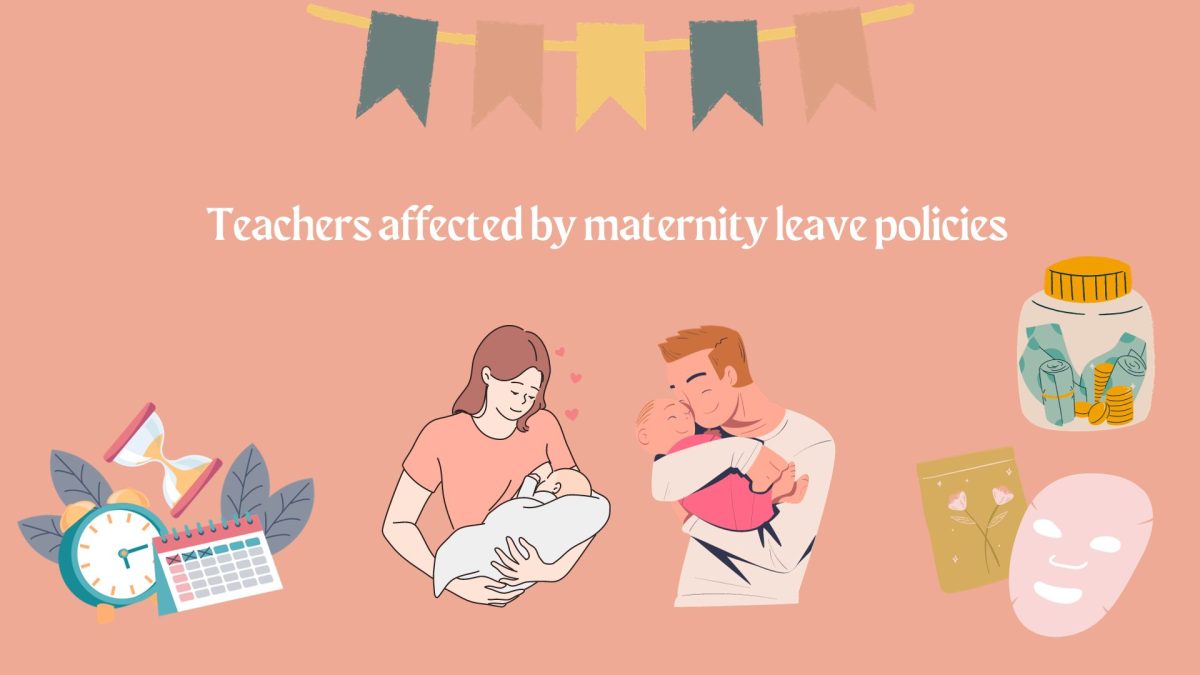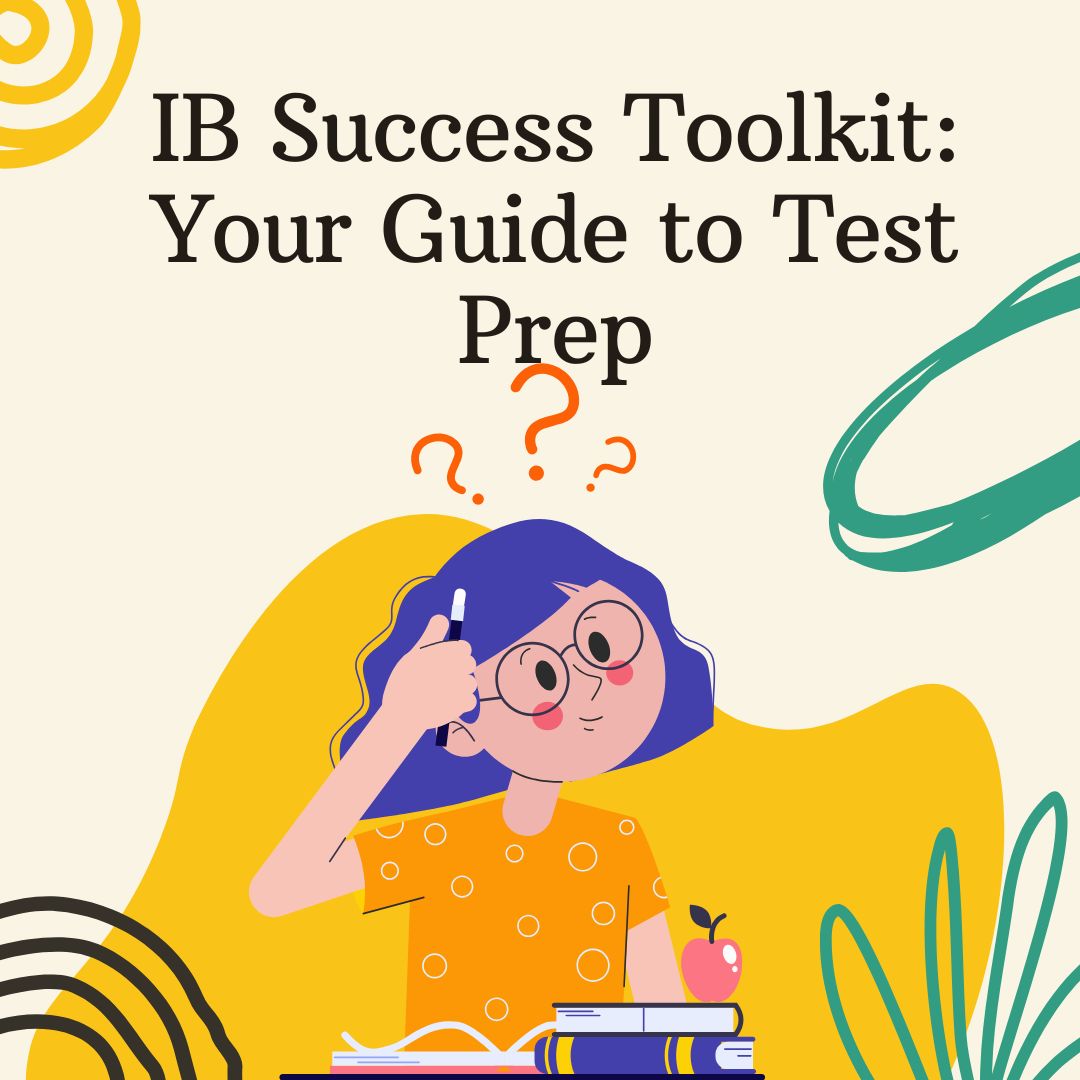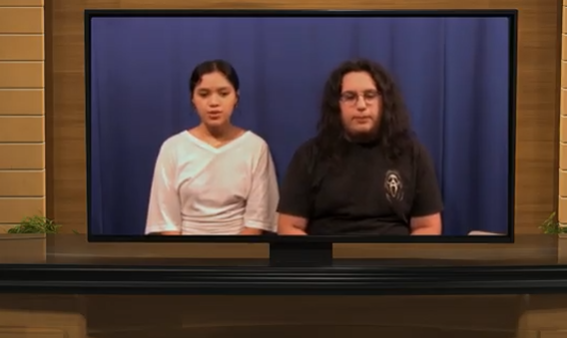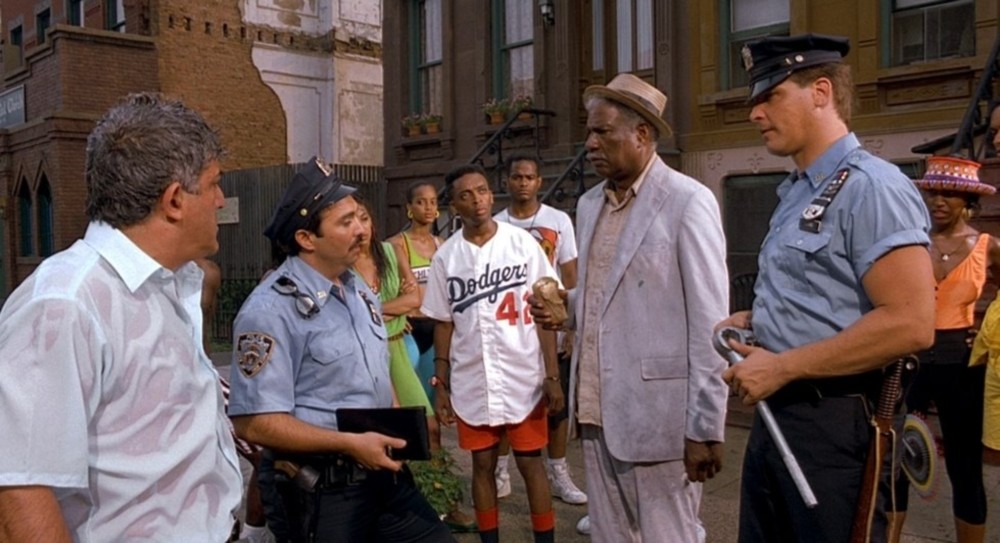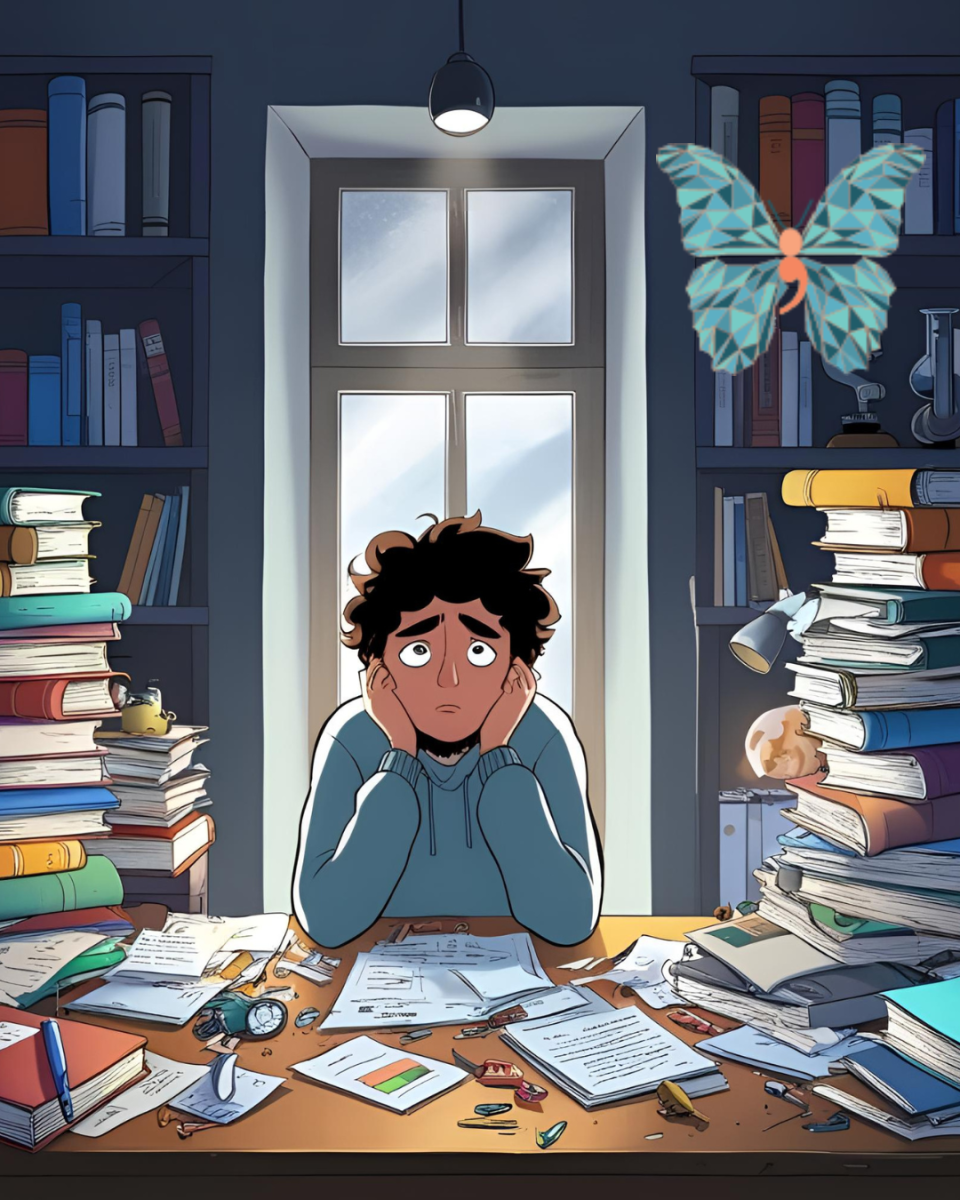In a country without a national paid maternity leave, working parents have trouble balancing their career and family life. Teachers, in particular, who plan to have children are left with limited, un-ideal options. Either take limited unpaid leave or save up sick leave and continue working with a newborn baby at home.
Teachers typically have access to only six weeks of paid parental leave, which is only available once you have physically given birth to the baby. Any leave before that is only approved if you have a doctor’s order qualifying you as sick. Teachers are required to use their own sick leave in order to get paid. Head of the science department Matt Reese, said he saved up ten years’ worth of leave that he “blew through with the first two kids.” Even so, he still had to take unpaid leave for his third child. “Had I had a kid earlier in my career, I would not have had enough leave,” said Reese.
Are long-term teachers the only educators with the right to get paid once they have a kid? Newer teachers are left with insufficient paid leave while juggling a newborn baby.
The current leave policies are severely affecting the ability of teachers to function as both a parent and an educator. Being a parent is undoubtedly one of the hardest jobs, and caring for a newborn is a 24/7 job. After birth, bonding with the newborn is an incredibly crucial time. With six weeks of leave, the system fails to address the needs of both the child and the parent.
English teacher Caroline Dulaney, who is currently on maternity leave, said that the paid leave is “definitely” not enough. She is taking an extra four weeks of unpaid maternity leave to prioritize the needs of her child and herself. “Luckily, I can rely on my partner’s pay,” said Dulaney. “What would a single parent do?”
The lack of proper paid leave is directly targeting women. This society often “struggles to treat women with the same respect,” said Dulaney. Women severely face economic insecurity during pregnancy and childbirth. If it were left to men to give birth, better-paid leave policies would never be an argument. “The pay disparity exists when women have kids,” Reece said.
Many women are left choosing between their jobs and committing fully to a baby. “I did not want to go back to work when my baby was only three months old, and the vast majority of teachers have to go back when their baby is only 1.5 months old,” English teacher Sofya Shpilyuk said. “So you have to choose – be a good parent, be a good teacher, be a good guardian of your own physical and mental health, or be a productive colleague.”
Social studies resource teacher Lauren Squier expressed that the teaching field is the only one that has an expectation of finding a substitute. “If my kid wakes up sick, I need to enter the sub into the sub system, email my admin/RT, and make sub plans all while trying to be a mom,” Squier said.
Shpilyuk said she had to find a long-term substitute. “I have to work really hard to make sure I would have time with my baby without worrying about my job.” On top of being a parent, this expectation set for educators is problematic and plain out unfair.
Squier believes that MCPS also needs to work on enforcing leave fairly amongst their workers. Teachers in the virtual academy end up having to use their leave less than in-person teachers because they can be home with their children and be online to teach their students. Many MCPS central office workers also work from home when needed and don’t have to use up their sick leave. When retirement comes, staff can “cash in” their sick leave, but teachers will likely end up with the least amount of leave to “cash out.”
At the end of the day, this treatment of teachers is not at all surprising. While MCPS has failed to prioritize the health and well-being of parents, the federal government needs to step up to help schools and state institutions. Until then, families will never get the help that they need.



